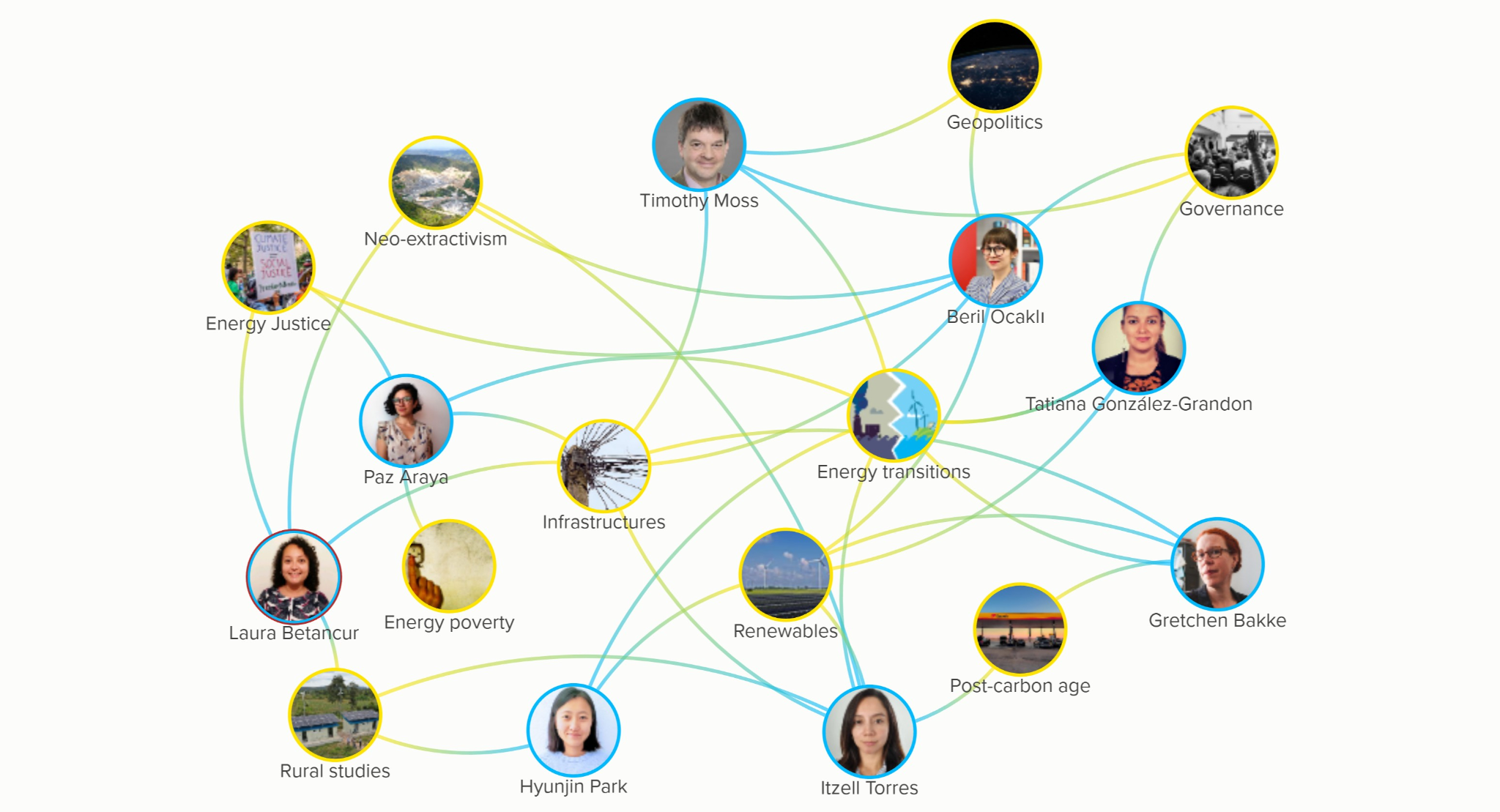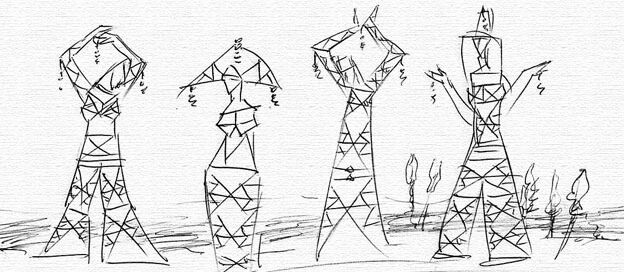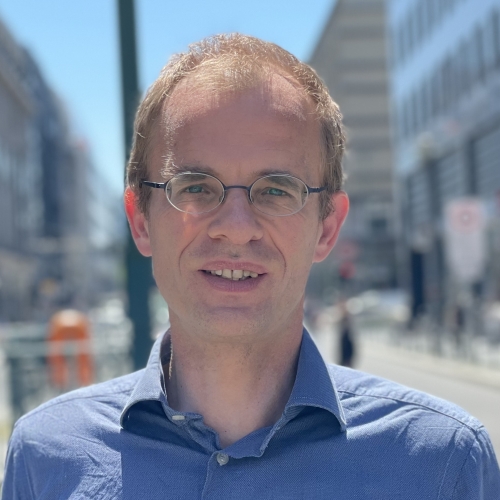Research
Researchers at IRI THESys have joined forces in different working groups to exchange ideas, concepts and case studies on cross-cutting topics – such as decolonization, mining or modeling. The working groups below showcase running initiatives mainly created, developed and organised by doctoral and postdoctoral researchers.

We are an interdisciplinary group of researchers from a variety of disciplines, with a common interest in exploring energy politics, infrastructures, and transitions in both the Global North and South. Our approach to studying energy infrastructures is unique in that we don’t simply view them as static material constructs; rather, we recognize them as processes ingrained in and paramount to complex socio-ecological, socio-technical and socio-cultural systems. By focusing on these dynamic processes, we aim to gain a deeper understanding of the ways in which energy systems shape and are shaped by human-environment relations.
Our group is made up of a diverse range of scholars from fields such as geography, anthropology, mathematics, economics, history, and beyond. Our collective goal is to engage in meaningful discussions surrounding a variety of pressing topics related to energy, including energy poverty, the geopolitics of energy, the intersection of energy and nature, energy infrastructures, and rural energy transition. By exploring the interconnections between these subjects from various analytical perspectives, we strive to gain a more holistic understanding of the complex systems at play. Our group regularly employs various discussion methods to facilitate open and productive conversations, including dialogues for providing feedback on works in progress, reading groups for discussing relevant texts and inviting expert speakers to share their insights with the group.
Group members: Paz Araya, Gretchen Bakke, Laura Bentacur, Milena Bister, Cristian Flores, Tatiana Gonzales-Grandon, Samir Harb, Timothy Moss, Beril Ocakli, Hyunjin Park, Lea Maria Sasse, Itzell Torres (alphabetically ordered)

Infrastructures represent a paradox. They underpin our healthy, connected communal existence yet – being designed also to facilitate economic development through growth – they have been instrumental in generating socio-ecologically exploitative regimes of production and consumption. How to reconfigure these hubs of human-environment relations to render them more environmentally sustainable, socially inclusive and politically accountable is core to our engagements in the group “Infrastructures and Transformations” at IRI THESys.
What we are particularly interested in:
Temporalities of infrastructures, infrastructures and extractivism, intersectoral coupling, geopolitics and multiscalarity of infrastructure, (ir-)reversibilities of infrastructure, repurposing infrastructures, infrastructural (in)securities and violence.
What we do together:
- Debate inspiring/irritating texts
- Discuss our own work in progress (publications, proposals, essays)
- Exchange with external researchers
- Visit infrastructure sites and people to generate novel ideas
What we hope to do in future:
- Help people transform infrastructures
- Identify modes of collective influence on infrastructure policy
- Engage with critical practitioners of infrastructure
- Enrich academic reflexivity through such exchanges
Group members: Rossella Alba, Gretchen Bakke, Milena Bister, Sandra Jasper, Bettina König, Timothy Moss, Beril Ocaklı
If you are a PhD scholar, PostDoc or senior researcher at IRI THESys and would like to join the group, please get in touch with .
Photo credits: Elena Paroucheva (Creative Commons)



